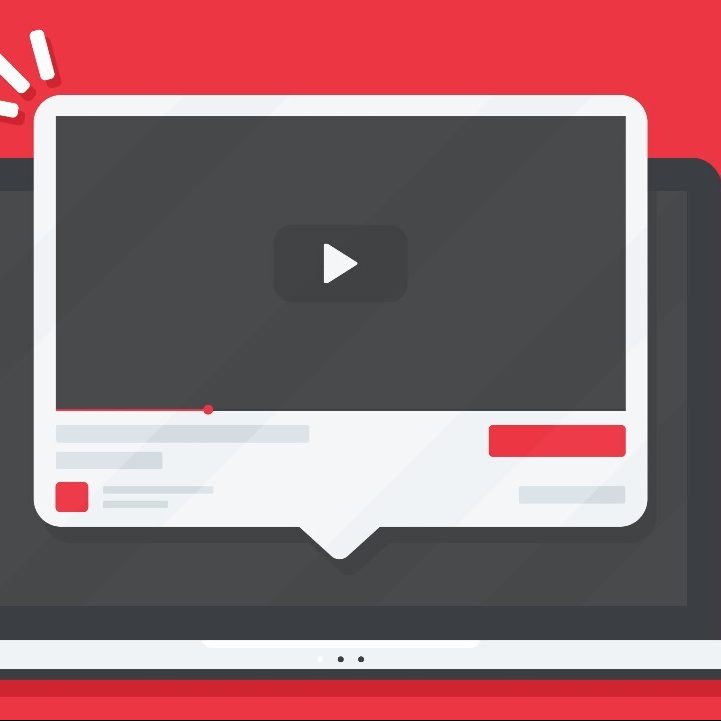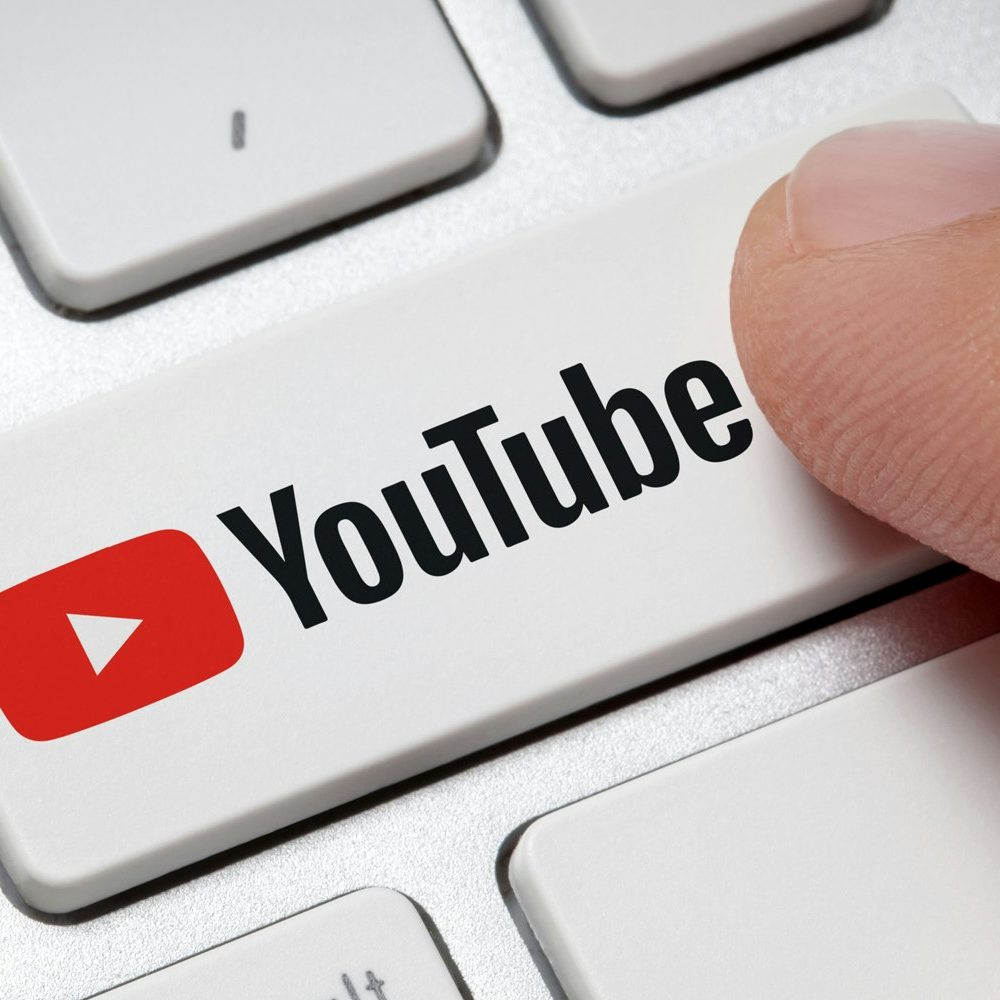As digital media consumption continues to rise, platforms like YouTube have become a go-to source for music and entertainment. Extracting audio from YouTube videos and converting it to MP3 format for personal use has gained popularity. However, understanding the legal implications and adhering to best practices is crucial for anyone considering this approach. This article will explore the legal considerations surrounding YouTube MP3 live streaming and provide best practices for responsible use.
Understanding Copyright Law
What is Copyright?
Copyright law protects the original works of authors, artists, musicians, and other creators by granting them exclusive rights to distribute, reproduce, and perform their works. When you extract audio from a YouTube video, you might be infringing on these rights, depending on how you use the content.
In the United States and many other countries, copyright law dictates that you cannot reproduce or share copyrighted material without the proper permissions. This means that even if the material is publicly accessible online, such as on YouTube, it doesn’t give you automatic rights to use it.
The Implications of Copyright Infringement
Engaging in copyright infringement can have serious consequences. Content creators, music publishers, and other rights holders can file legal actions against individuals who misuse their intellectual property. Penalties may range from receiving a cease-and-desist letter to facing potential lawsuits, which can lead to hefty fines.
Understanding the legal landscape is essential for anyone contemplating converting YouTube videos to MP3 files. If you don’t own the rights to the music or content, use it judiciously to avoid infringing copyright law.
![]()
YouTube’s Terms of Service
Reviewing YouTube’s Guidelines
YouTube has its own set of terms of service that users must agree to when using the platform. These guidelines explicitly state that downloading content without permission is not allowed. The terms generally prohibit copying videos or extracting their audio for distribution or sharing unless explicitly permitted by the content creator or YouTube itself.
Before using any content from YouTube, take the time to familiarize yourself with these guidelines. Understanding what is permissible can help you avoid inadvertently violating agreements and facing the associated consequences.
The Role of Content Creators
YouTube allows content creators to define the rules around their work. Some creators actively encourage fans to share their content or offer it under Creative Commons licenses, allowing specific uses without infringing copyright laws. However, many creators do not permit any form of redistribution, even for personal use.
Always check the specific guidelines set forth by the content creator in the video description or on their channel. This habit ensures that you stay informed and respect their wishes regarding how their work can be used.
Fair Use Exceptions
Understanding Fair Use
The fair use doctrine allows for limited use of copyrighted material without seeking permission from the rights holder. In the United States, certain factors determine whether a use qualifies as fair use, including the purpose of use, the nature of the work, the amount used, and the potential market impact.
Educational purposes, commentary, criticism, and news reporting often fall under fair use, but it’s not a blanket protection for all scenarios involving copyrighted material. For instance, using a small clip of a music video for educational commentary may be permissible, but extracting the entire audio track for personal use is typically not.
Risks Involved
Despite the protections offered by fair use, it’s vital to note that such defenses are interpreted on a case-by-case basis. This means that even if you believe your use qualifies as fair, it may still lead to legal scrutiny. Relying solely on fair use as a justification when converting YouTube videos to MP3 can be risky.
It’s wise to seek legal advice if you are uncertain about whether your intended use fits under the fair use umbrella. Consulting a legal expert can provide clarity about your specific circumstances.

Methods of Downloading and Converting
Available Tools and Software
Numerous tools and software options allow users to download and convert YouTube videos to MP3s. These platforms vary widely in terms of functionality, user experience, and legality. Some are designed specifically for legal uses, while others may skirt the boundaries of permissible use.
Before choosing a third-party tool, research its reputation and compliance with copyright laws. Look for user reviews, privacy policies, and terms of use to gauge whether the tool operates within legal guidelines.
Avoiding Unreliable Sources
Be cautious when selecting software, as some programs may introduce security risks or malware. Opt for well-known and reputable tools, which tend to prioritize user security and operate transparently regarding copyright issues.
Additionally, avoid websites that offer downloads without requiring prior authorization or explicit permissions. Many of these sources can be risky and may expose you to legal consequences.
The Role of Licensing
Seeking Proper Licensing
If you want to use a YouTube video or its audio legally, consider securing licensing rights from the original content creator. This process ensures that you have clear permission to use the content, protecting you from potential legal ramifications.
Licensing agreements can vary widely, depending on the creator’s terms. Some may charge a fee, while others might grant permission for free use under specific conditions. Understanding the particular terms of the license is important for compliance.
Alternative Licensing Options
Explore licensing platforms or libraries that offer an array of royalty-free music and content. These platforms often allow users to download tracks legally without needing to seek approval from individual creators. Services like Epidemic Sound and Artlist provide works for a subscription fee, ensuring you stay within the bounds of copyright law.
Utilizing licensed content not only protects you legally but also supports artists and creators in a meaningful way, giving them credit for their work.

Ethical Considerations
Respecting Content Creators
Beyond legal implications, ethical considerations play a significant role in using content from YouTube. Respecting creators’ rights is crucial. They invest significant time, energy, and resources into producing content, and unauthorized use undermines their efforts.
When considering downloading and converting content, think about how your actions may affect the creator. If you genuinely enjoy a specific video or audio track, supporting the creator by sharing their content, following their channel, or purchasing their music can foster a positive relationship.
Encouraging Supportive Practices
As a consumer of online content, you have the power to encourage ethical practices. Share content from creators who produce material you appreciate, and always give credit when sharing or discussing their work. This not only promotes good practices but also contributes to a culture of respect among creators and consumers alike.
Encouraging a community that values creators’ rights ultimately enriches the content-sharing ecosystem, ensuring that creators can continue to produce the work you enjoy.
Converting YouTube videos to MP3 can be a convenient way to access your favorite audio content. However, navigating the legal landscape surrounding this practice is essential. Understanding copyright laws, adhering to YouTube’s terms of service, and being aware of fair use are crucial steps in this process.
Utilize reliable tools for downloading and converting while always respecting the rights of content creators. Exploring licensing options and prioritizing ethical practices will contribute positively to your experience in the digital landscape. By maintaining a balanced approach, you’ll not only protect yourself legally but also support the creative community that makes the content you enjoy.
